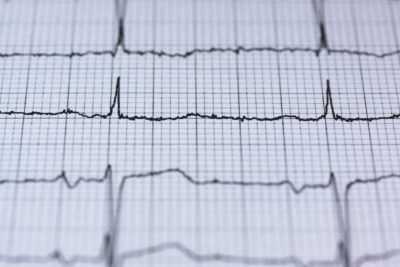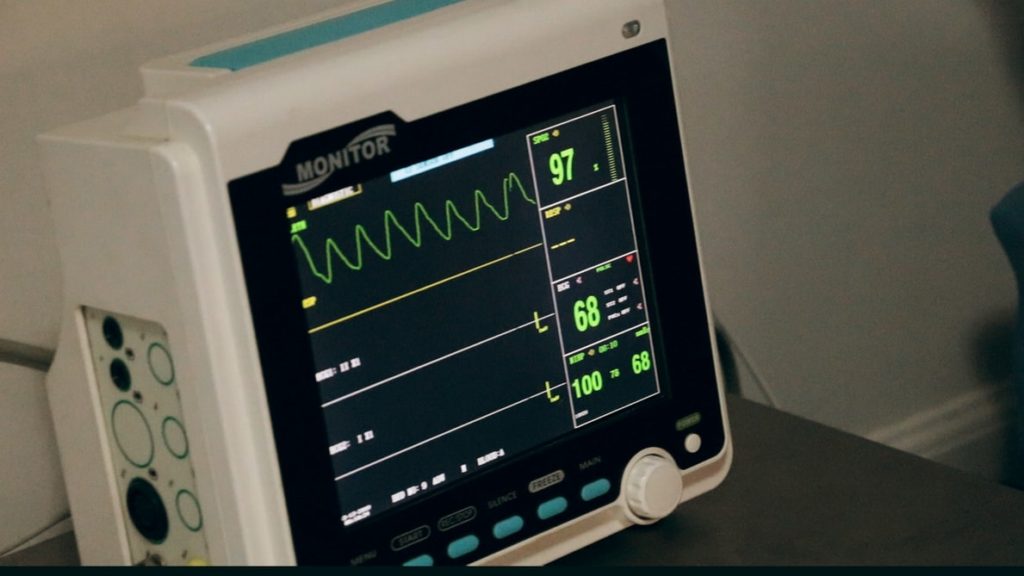By Linda Murray, RN, PCHA, Interim Director of Personal Care Services, Dock Woods
Atrial fibrillation, often referred to as AFib, is the most common type of heart arrhythmia or abnormal heartbeat. More than two million Americans have AFib, and the condition accounts for 158,000 deaths a year.
When a person has AFib, essentially there’s a restriction of blood flow from the upper chambers of the heart (atria) to the lower chambers (ventricle). This condition can either occur in brief episodes, or last chronically.
Causes of AFib
The exact cause is largely unknown, however some factors contributing to AFib are:
- Age
- Heart disease
- Diabetes
- Chronic obstructive pulmonary disease (COPD)
- High blood pressure
- Hyperthyroid
- Stress
Symptoms of Afib
While it’s possible to be in AFib without having any symptoms, most people will experience at least one of the following:
- Irregular heart beat (rapid, fluttering, pounding)
- Light headedness, dizziness
- Shortness of breath
- Fatigue
- Chest pain


Treatment of AFib
Once the type of arrhythmia is identified, there are several different ways that AFib can be treated.
- Medications can be prescribed in attempt to control the rate and rhythm at which the heart beats. Most medications given will also reduce the chance of blood clot formation.
- Cardioversion may also be required. This involves placing an electrical pad on areas of the chest and delivering series of electrical shocks to reset heart rate and rhythm. A person will often be lightly sedated while this is performed.
- If cardioversion fails, ablation may be used. In this procedure, the entire heart’s electrical conductivity is mapped out. Once doctors identify the abnormal pathway, it is ablated — or destroyed — using radiofrequency, laser technology, or through freezing the nerve.
In some cases, however, atrial fibrillation will not respond to any of the treatments above. The heart beat then just remains irregular, and the goal shifts to controlling a person’s rate as much as possible.
Long-Term Complications of AFib
The three most common long-term complications that arise with AFib are strokes, cardiomyopathy diagnoses, and heart failure.
Stroke
Since the heart doesn’t beat regularly, there’s a greater chance for blood to collect in the upper chambers of the heart – leading to blood clots. A stroke is caused when these clots prevent blood from flowing to the brain. According to the CDC, AFib is responsible for 1 out of every 7 strokes in the United States.
Cardiomyopathy
As a result of the atria’s dysfunction, the ventricles of the heart need to beat faster in order to continue pumping blood. Cardiomyopathy occurs when this over-exertion leads to the heart muscle becoming enlarged, thickened, or rigid. Unfortunately, a “larger” heart actually weakens the overall system, rendering it ineffective in nourishing the body with oxygen-rich blood.
Heart Failure
Sometimes AFib can cause blood to accumulate in the heart and lungs if it isn’t being pumped affectively throughout the rest of the body. A person suffering from heart failure experiences shortness of breath, and often is visibly retaining fluid at the ankles and legs. Heart failure is a life-threatening condition that requires immediate medical attention.
Preventing AFib
Like most heart diseases, you can reduce the risk of developing atrial fibrillation with the following healthy life style practices:
- Limit alcohol consumption
- Maintain healthy weight
- Stop smoking
- Eat heart healthy diet
- Exercise daily
It’s also important to manage any other medical conditions you may have such as diabetes or thyroid disease. Some good preventive measures include scheduling routine checkups with your physician and reporting any abnormal chest pain or fatigue as it occurs.

What Should I Do?
If you or a loved one is experiencing rapid or irregular heartbeats, shortness of breath, dizziness or light-headedness, don’t hesitate to contact your primary health physician. In extreme scenarios, call 911 immediately. Differentiating AFib from heart attack symptoms can be difficult, so it’s best to seek professional medical help either way.
Living Branches is a non-profit system of senior living and affordable housing communities with campuses in Hatfield, Souderton, and Lansdale. Contact one of our sales counselors to see which campus is right for you.

